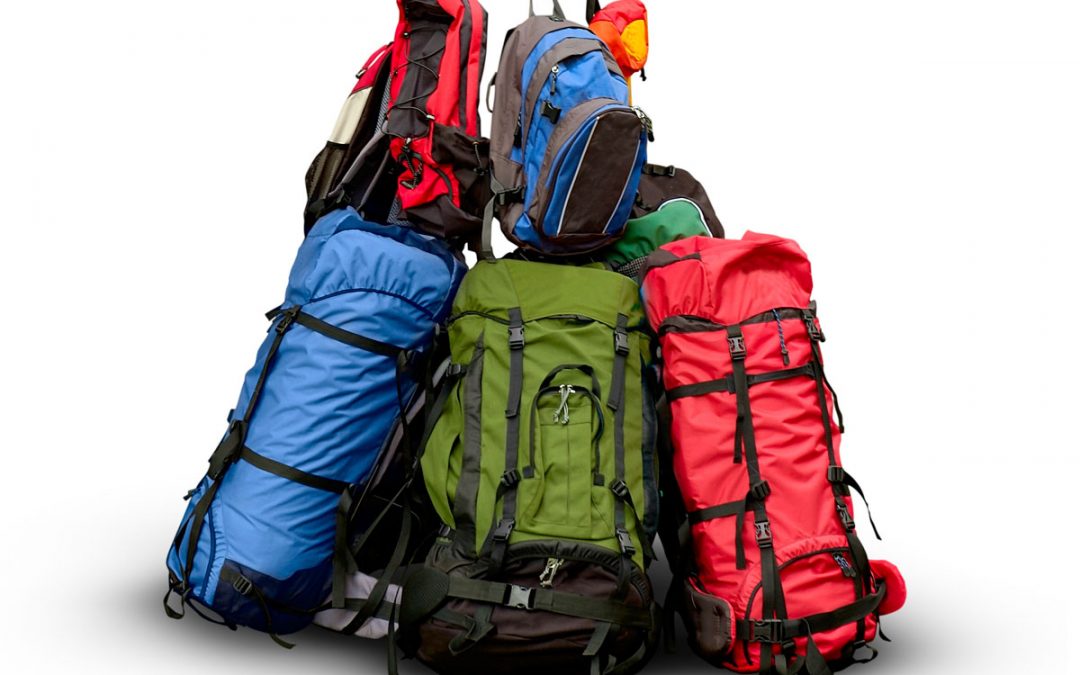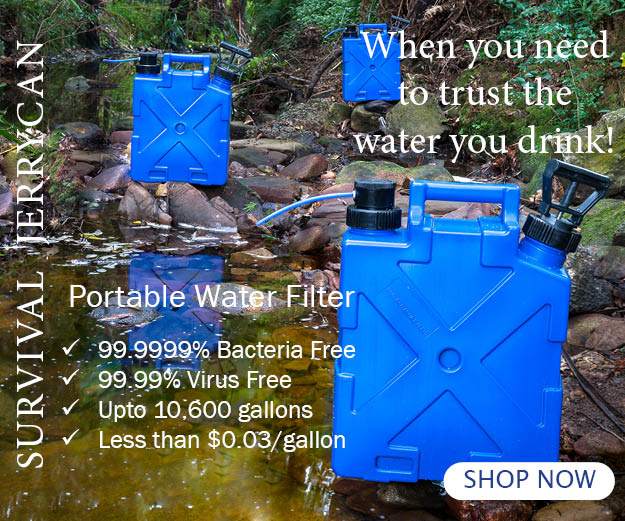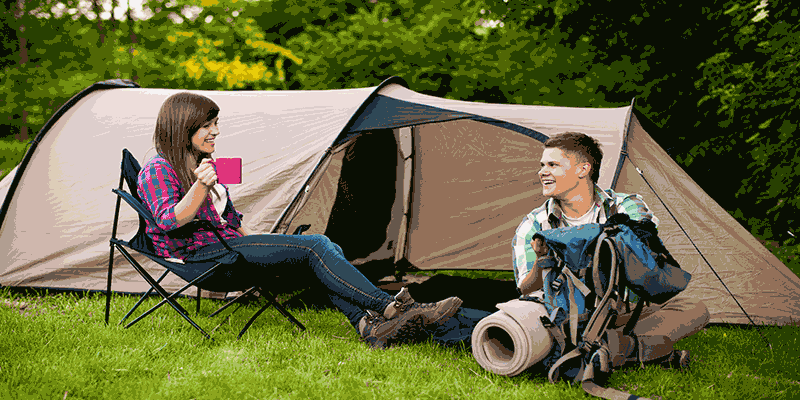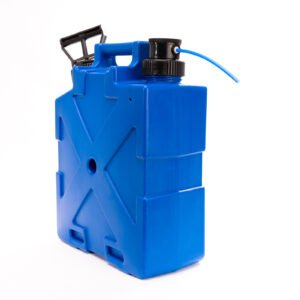
Backpacking Water Filter
Why should I carry a Backpacking Water Filter?
It is probably a safe statement to make to say that for the majority of backpackers, a tight budget is a focus. Backpackers would look at areas (the obvious and less obvious) to save money. Seasoned backpackers are aware of many of the traps that the less experienced may fall into – from the cheap accommodation options, cheap eats to the less obvious areas of what to avoid.
You can blow a lot of money unnecessarily, on buying bottled water. Westerners have a perception that the bottle is free of bacteria and cysts.
You do not need to buy water to avoid potentially lethal local tap water. Bottled water is not necessarily clean water. There should be a concern about buying cheap water as it is likely to be just untreated tap water. Would it be worth the risk with your health?
For the price of less than a cent per liter, a Sure Aqua product will deliver you hundreds of liters of microbiologically safe drinking water. That is no bacteria or viruses.
You don’t need to compromise on quality. The cost with the Sure Aqua product will pale into insignificance over just a week.
Travel Safe, Travel Green with These Nifty Little Backpacking Water Filters
You get travel insurance, you visit your travel health medical center, purchase a guide and great boots, so doesn’t it make sense to get the protection of one of the world’s best backpacking water filter products – Sure Aqua products – also offers powerful benefits for the environment.
Travel Lighter, Healthier, and Greener with Sure Aqua Products
Part of the backpacking ethos is to tread lightly on the earth and to travel responsibly. But you can’t ignore the health risks of contaminated drinking water.
Chlorine-based tablets are compact and highly effective against multiple sources of polluted water – with two distinct downsides;
- they taste dreadful,
- they are not entirely effective in eradicating waterborne parasites.
Whether you choose a Sure Aqua Straw, Sure Aqua Bottle, or Sure Aqua Travel for your backpacking adventures, all these water filters will cleanse a minimum of 500 liters (132 gallons) or 10000 liters (2640 gallons), depending on the product you choose. All the products remove bacteria and cysts using a capillary membrane to effectively remove waterborne bacteria, parasites, and cysts (oocysts). It can be used as municipal tap water, and freshwater lake and creek water filter.
Backpacking through any wilderness areas, you only see how pristine they seem. However, always take a Sure Aqua product water filter backpacking with you and be sure to use it, as unseen contamination will be present in water sources worldwide.
For example, if you choose to buy a Sure Aqua Straw that filters up to 500 liters (132 gallons), this is the rough equivalent of 2,000 250mls bottles; it’s easy to see how much money you’ll save with these backpacking water filters and how you can slash the weight of your backpack gear.
How Can Sure Aqua Product Backpacking Filters Reduce Your Carbon Footprint?
Chances are, before knowing about Sure Aqua products, you were buying bottled water as you travel and adding the greenhouse gases to the environment.
These figures will amaze you. It takes around 17 million barrels of oil each year to make 29 billion plastic bottles – and the world consumes far more bottled water than that while only recycling a small percentage of the bottles, meaning more and more raw materials are being used.
It’s estimated with each bottle manufactured, 100 grams of carbon gas is created – and more than 33 million tonnes are used each year to bottle water. Then add the effect on the environment of transporting billions of cartons of bottled water around the globe.
Should we also get into the pollution caused by discarded bottles, unnecessary crowding of our landfills, or the toxic fumes released if the bottles are incinerated.
As an individual, if you consume bottled water regularly, you can reduce your carbon footprint by around 600 kg per year by switching to the pocket-sized Sure Aqua Straw (500 liters) water filters, or 1200kg when choosing the Sure Aqua Bottle (1000 liters).
Backpacking demands a different way of thinking about your world and how to protect it. Sure Aqua products are the ideal backpack filter. It takes up virtually no room and is cheap, quick, and easy to use.
Why wait?




